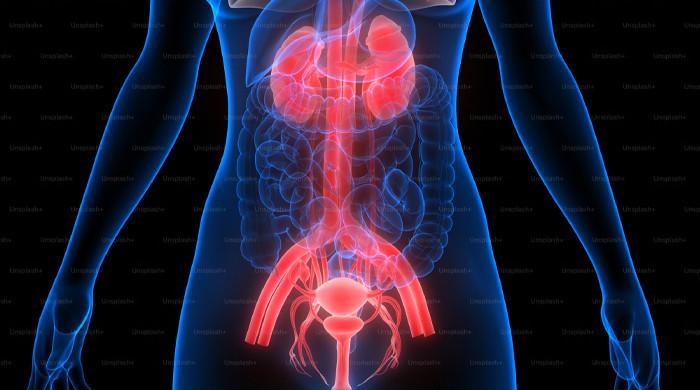Figure out everything about Hashimoto's thyroiditis with this guide
A general guideline to help you understand Hashimoto's thyroiditis
April 26, 2024

Hashimoto’s thyroiditis:
This disorder was named after the Japanese physician, Hakaru Hashimoto, who first described this ailment back in 1912.
Hashimoto’s thyroiditis is an autoimmune disorder that directly affects the thyroid gland of the body.
This condition occurs when the body's immune system mistakenly attacks the thyroid tissue, leading to inflammation and potential damage to the organ.
Symptoms of Hashimoto’s thyroiditis:
Individuals suffering from Hashimoto's thyroiditis may experience symptoms such as fatigue, weight gain, constipation, dry skin, hair loss, and sensitivity to cold.
In some cases, the thyroid gland may become enlarged, forming a goiter. However, some people with Hashimoto's thyroiditis may not exhibit any symptoms initially.
Diagnosis for Hashimoto’s thyroiditis:
Hashimoto’s thyroiditis diagnosis requires a thyroid functioning test to be conducted.
It is a blood test that measures the levels of thyroid hormones and thyroid-stimulating hormones (TSH), as well as antibodies associated with the condition.
Treatment for Hashimoto’s thyroiditis:
Hashimoto's thyroiditis’ treatment usually involves thyroid hormone replacement therapy to stabilize hormone levels and alleviate the condition’s symptoms.
Along with the treatment, it is important to monitor thyroid levels in your body to maintain optimal thyroid function.
Unfortunately, Hashimoto's thyroiditis has no cure yet, proper management of the disorder can aid individuals in leading a healthy and productive life.











